Why We Celebrate Pride
"I am proud of all of my identities, relationships and accomplishments. Pride is not only something that you feel around Pride Season, but something that you should feel all year round." – Steven (H-I-V.net Community Advocate)
June is PRIDE Month, a time to recognize the LGBTQIA+ community and its accomplishments during a time rooted in activism, the anniversary of the 1969 Stonewall Uprising.
Throughout the month, we will highlight the lasting impact the LGBTQIA+ community has had on the fight for rights and treatment for HIV and AIDS, and offer our appreciation for the advocacy and leadership they have provided since the very beginning.
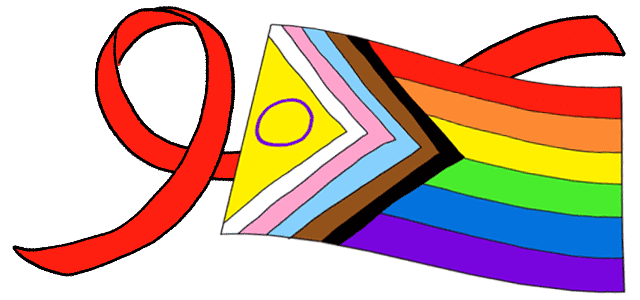
HIV/AIDS in LGBTQIA+ communities
New cases of HIV disproportionately affect men who have sex with men in communities of color. For example, 70 percent of new diagnoses in the United States are among gay and bisexual men. Of those, 31 percent of the people diagnosed are Black and 25 percent are Latinx.1
An international study found that in some communities, transgender women are 49 times as likely to be living with HIV.2
Start a Forum
History
The virus now known as HIV and AIDS was originally termed "gay-related immune deficiency" (GRID) when it emerged in the early 1980's, fueling stigma, homophobia, and blocking access to treatment for people living with HIV. Gay men living with AIDS at the time organized during the 5th Annual Gay and Lesbian Health Conference to create the Denver Principles, a manifesto that empowered patients not only in the HIV/AIDS movement, but throughout many health movements in the past several decades.1
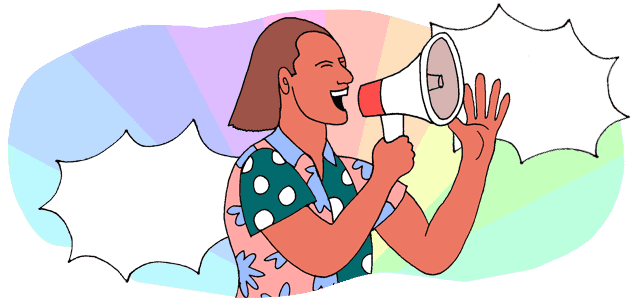
It was not until 1986 that the American Public Health Association held its first public panel on HIV, and still failed to represent a person of color on that panel. Famously Craig Harris, a Black gay man living with HIV, took to the stage stating "I will be heard," during the panel.3
Organizing for change
Those in the LGBTQIA+ community went on to found the first community service organizations to address the HIV/AIDS epidemic, gay bars were known to provide sex education and fund funeral costs for those dying from AIDS, and the LGBTQIA+ community made up large contingents of the membership of the first non-profits servicing the larger community.1
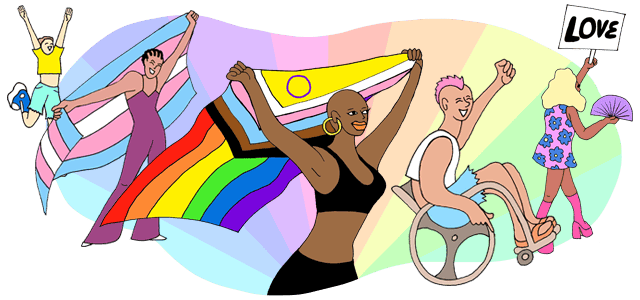
As the first national strategy on HIV and AIDS was being created, 4200 people participated in community discussions with the White House Office of National AIDS Policy, leading to the document being the first federal communication to explicitly address the needs of gay and bisexual men and transgender women.2,4
HIV advocates share their stories
Read these articles from community advocates of H-I-V.net as they share their experiences as members of the LGBTQIA+ community living with HIV/AIDS.
Minutes With Jah: PSA for Trans Lives Matter- Jahlove Serrano
"I embrace who I am today, learn from the woman I was yesterday, and look forward to the queen I will be in the future. These are just some of the things that HIV has taught me, and through this lens, I pray my daughter is watching, learning, and being molded into a better woman than me."
Who is Octavia? -Octavia Lewis
"She often finds herself overcompensating on things so that people can see her as exceptional and or extraordinary when in all honesty, all she ever wanted was to be loved and valued. She is a Black Woman of Transgender Experience living with HIV and has landed on the sentiments of being Beautifully Flawed..."
Proud -Kalvin Pugh
"I’ve known that I was gay for as long as I can remember. I felt different than the other kids long before I even knew what gay was. Those early messages were such a departure from the thought that God didn’t make mistakes, that I didn’t know what to think. The only thing I knew was that the truth was something to be ashamed of and locked away in a proverbial closet..."
Minutes with Jah Video: I Got My Pride -Jahlove Serrano
"Learning to love myself and to be loved in a world that tells you that you don't deserve to experience that is something to be proud of this and every month of the year..."
My Support System -Steven Campa
"My family has been a very strong support system during the time I came out as gay as well as the time I came out as HIV positive. I have been very fortunate that my support system is still the people that are the closest to me and the people who I have known my entire life. The 3 individuals in my life all possess characteristics that make for a strong support system. These three things are accountability, encouragement, and togetherness..."
The Importance of Finding Support -Khafre Kujichagulia Abif
"The support group was specific for gay and bisexual men who were living with HIV. We met every Tuesday for an entire year. During those two hours, I found friendship, my way out of that dark place of isolation, shame, and fear. I enrolled in treatment and disclosed my status to my MaDear, my sisters and a host of family and friends."
Celebrate Pride with us on social media
Follow us on Instagram and Facebook to stay up to date on Pride activities.
The fight continues
Finally, we believe it is important to celebrate and recognize Pride because the fight is not over yet. Structural inequity, discrimination, homophobia, and transphobia as they intersect with racism and sexism continue to hobble the advocacy efforts of those living with HIV and their allies toward fair treatment and access to services.2,3
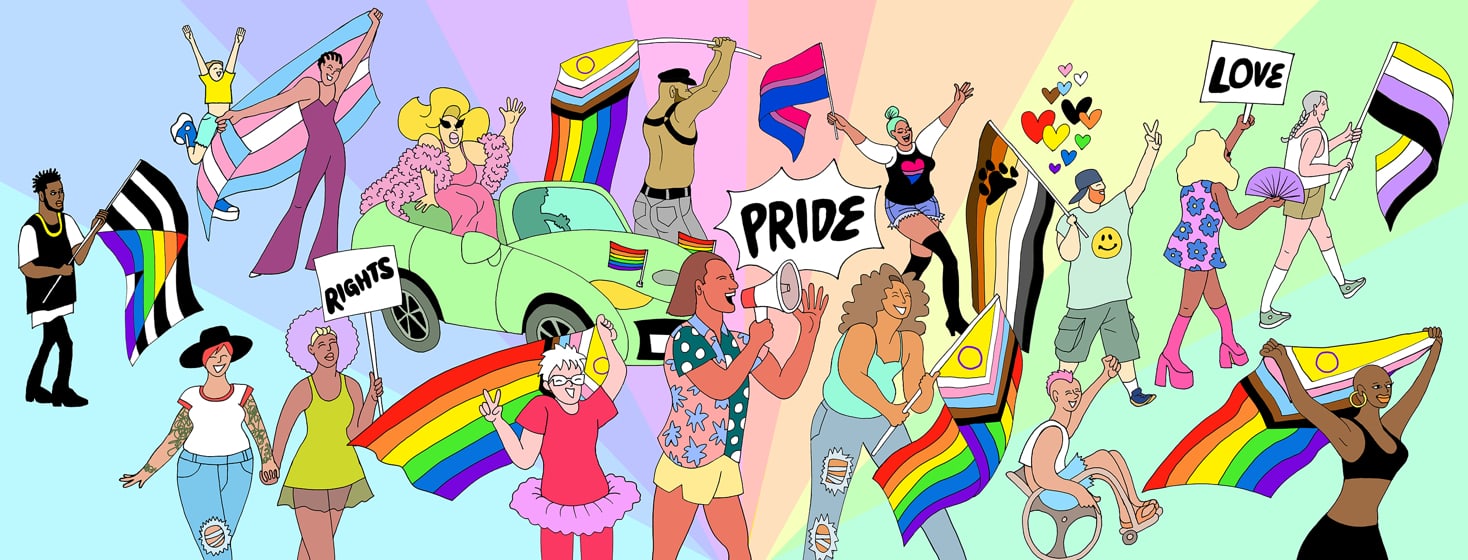
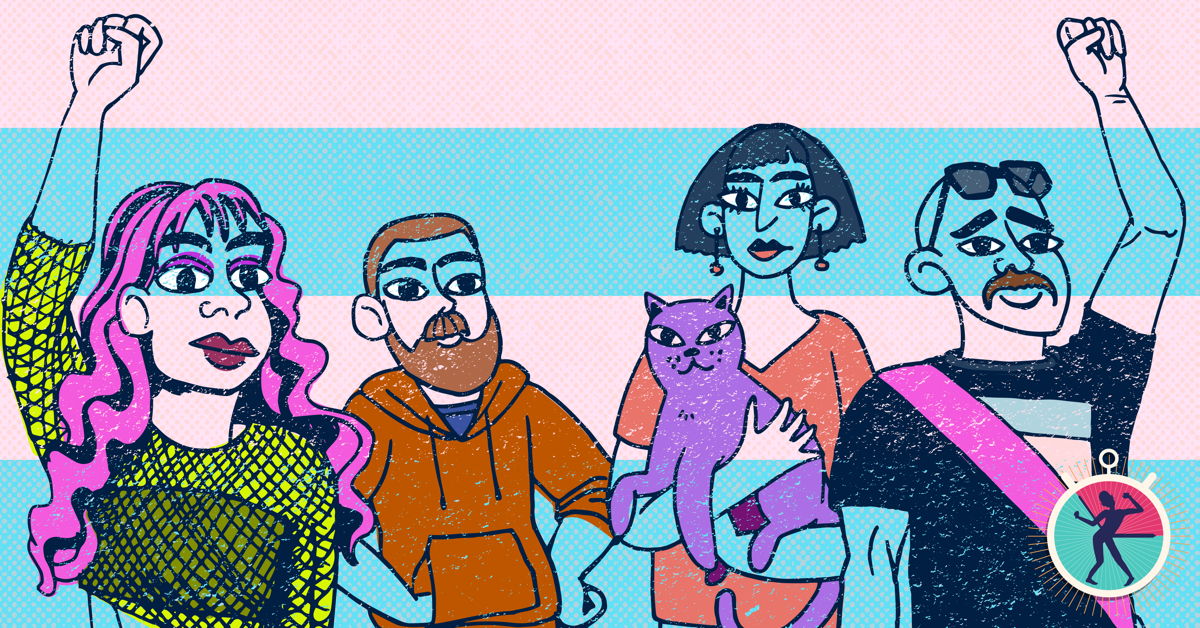
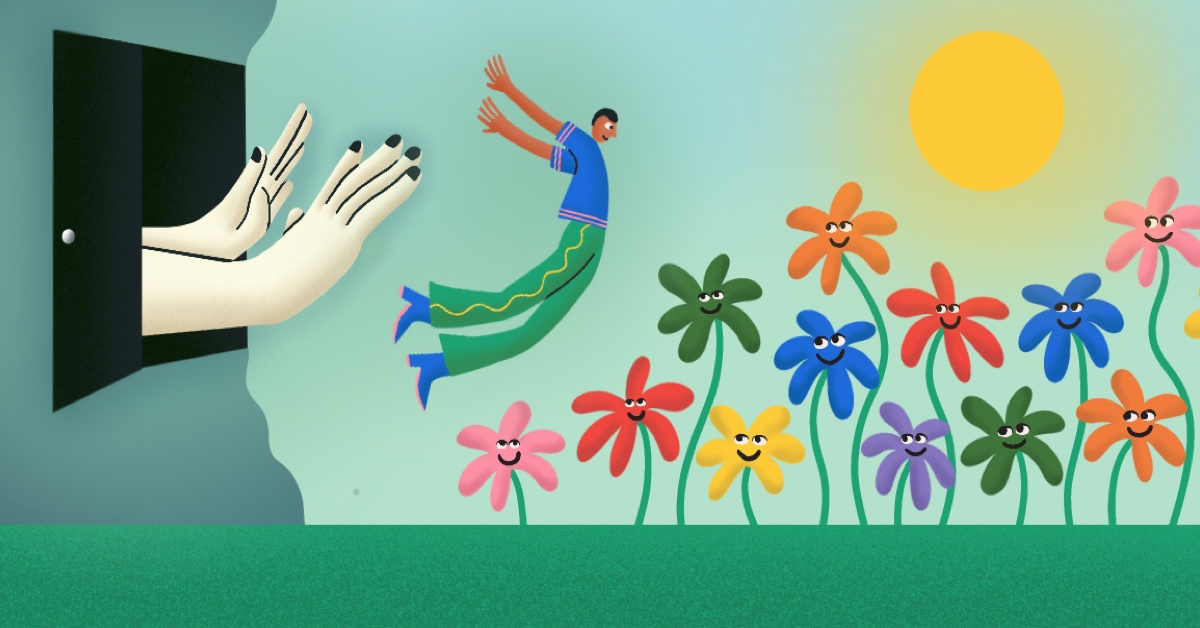
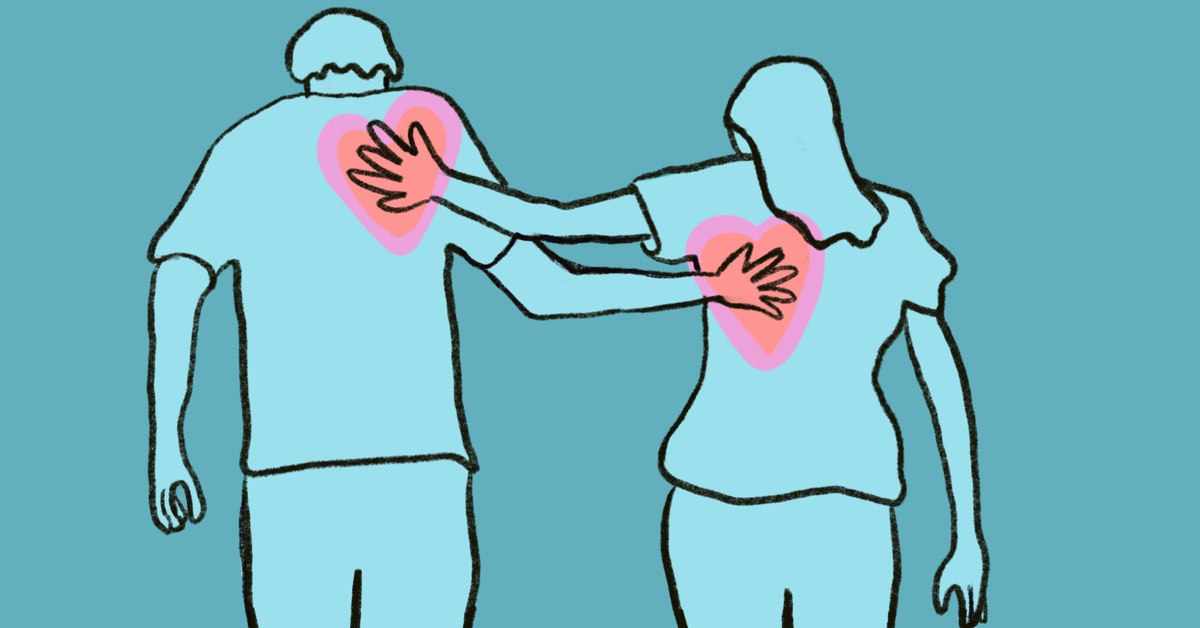
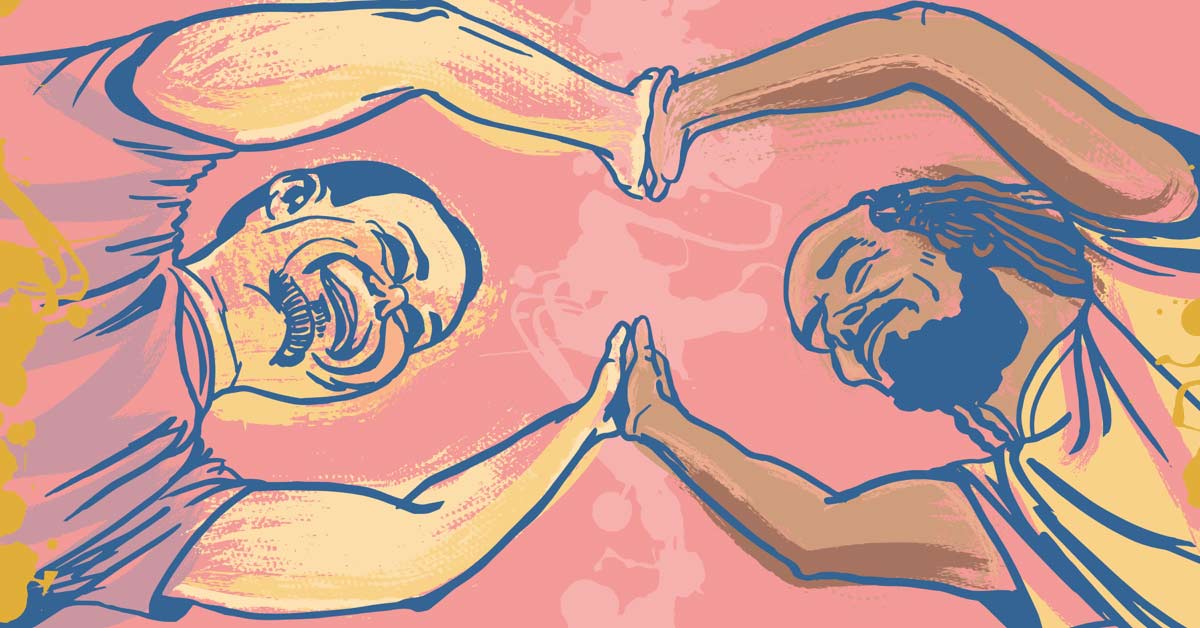
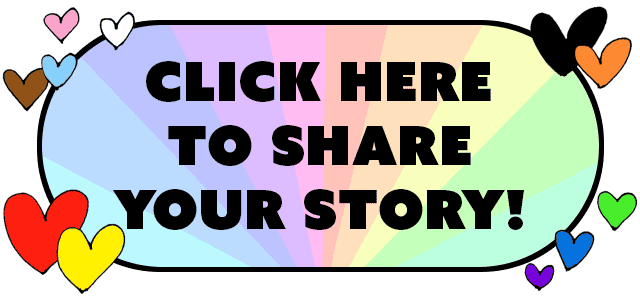
Join the conversation